
- Article
- Article
Hands-on healthcare
A young hospital volunteer feared her contribution was a long way from the serious business of real healthcare. But time spent painting patients’ nails proved to be a valuable contribution to life on the ward.
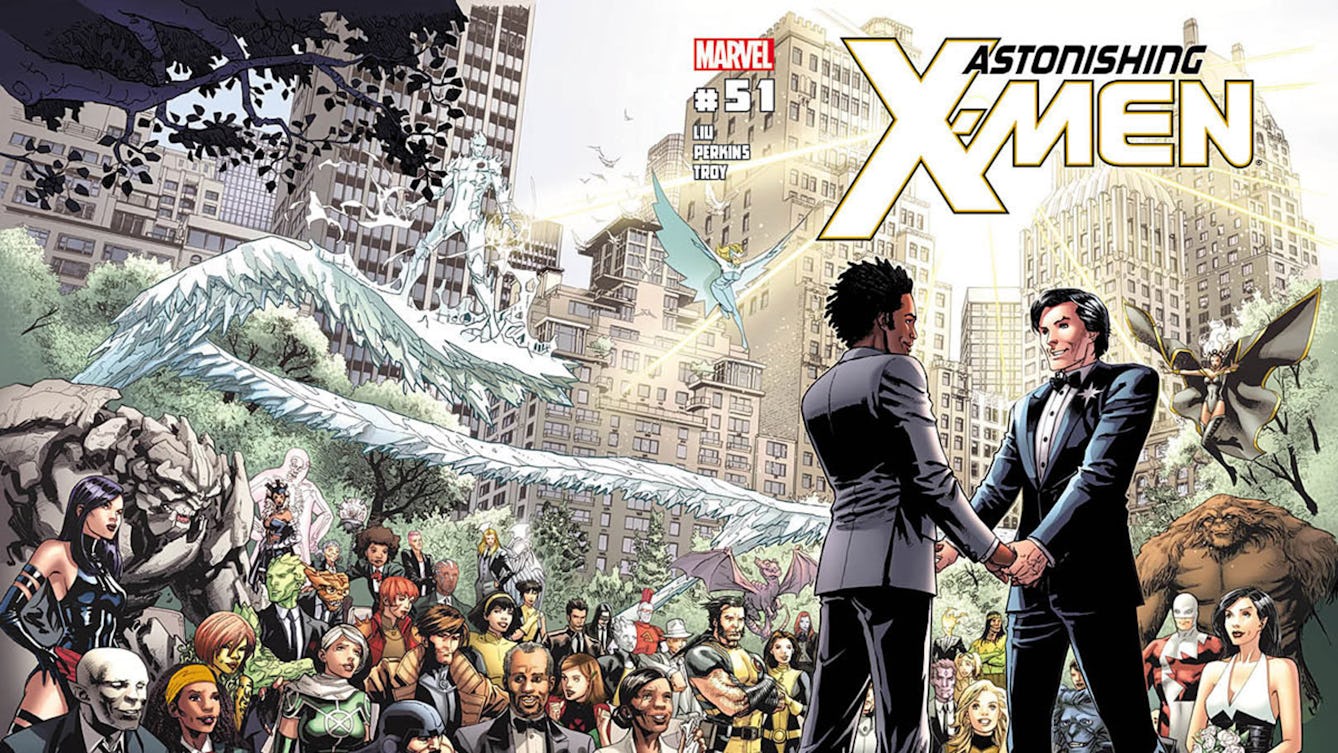
- Article
- Article
Sex in graphic novels
Sex and sexuality have long been explored in the history of the graphic novel.
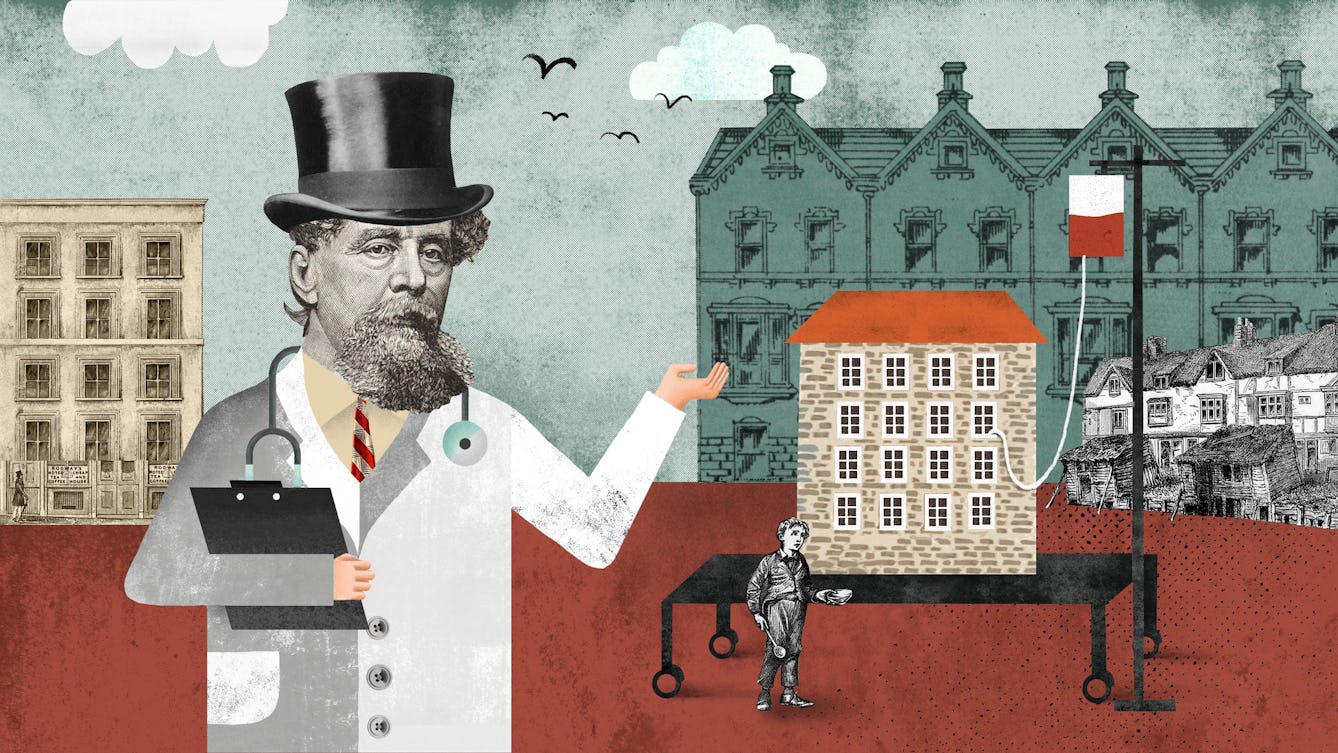
- Article
- Article
How slums make people sick
A newly gentrified corner of Bermondsey leaves little clue to its less salubrious history. But a few intrepid writers recorded the details of existence in one of London’s most squalid slums.
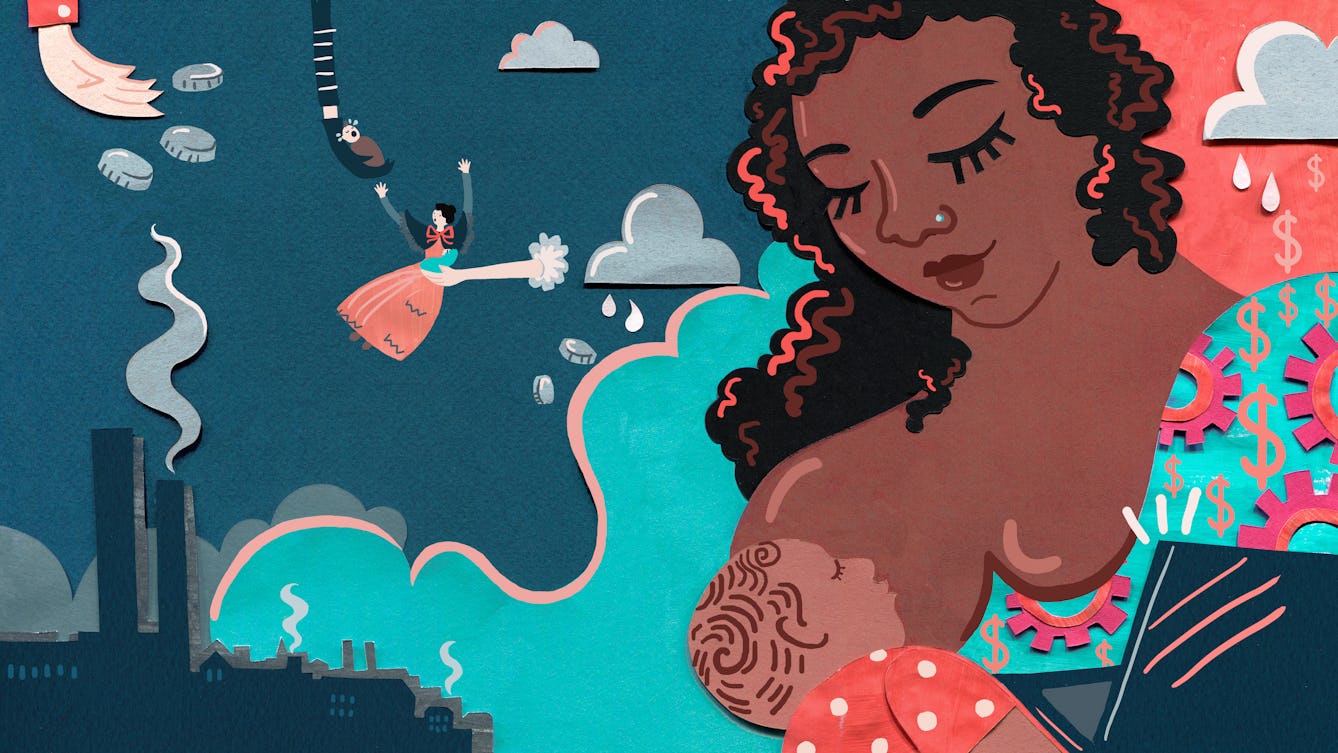
- Article
- Article
The work of wet-nursing
Many of us know that in the past, babies were sometimes nourished by wet-nurses. But, perhaps surprisingly, the practice continues today – and the milk recipients are not only babies.

- Article
- Article
The hidden history of homesickness
Gail Tolley delves into the history of homesickness and discovers that its rich past holds a clue to how we view the experience today.

- Article
- Article
The tale of the toxic kidneys
In 1954 a serendipitous coming together of skills and circumstances allowed the first successful organ transplant to take place. Read how Richard Herrick’s life was prolonged by his identical twin’s generosity.
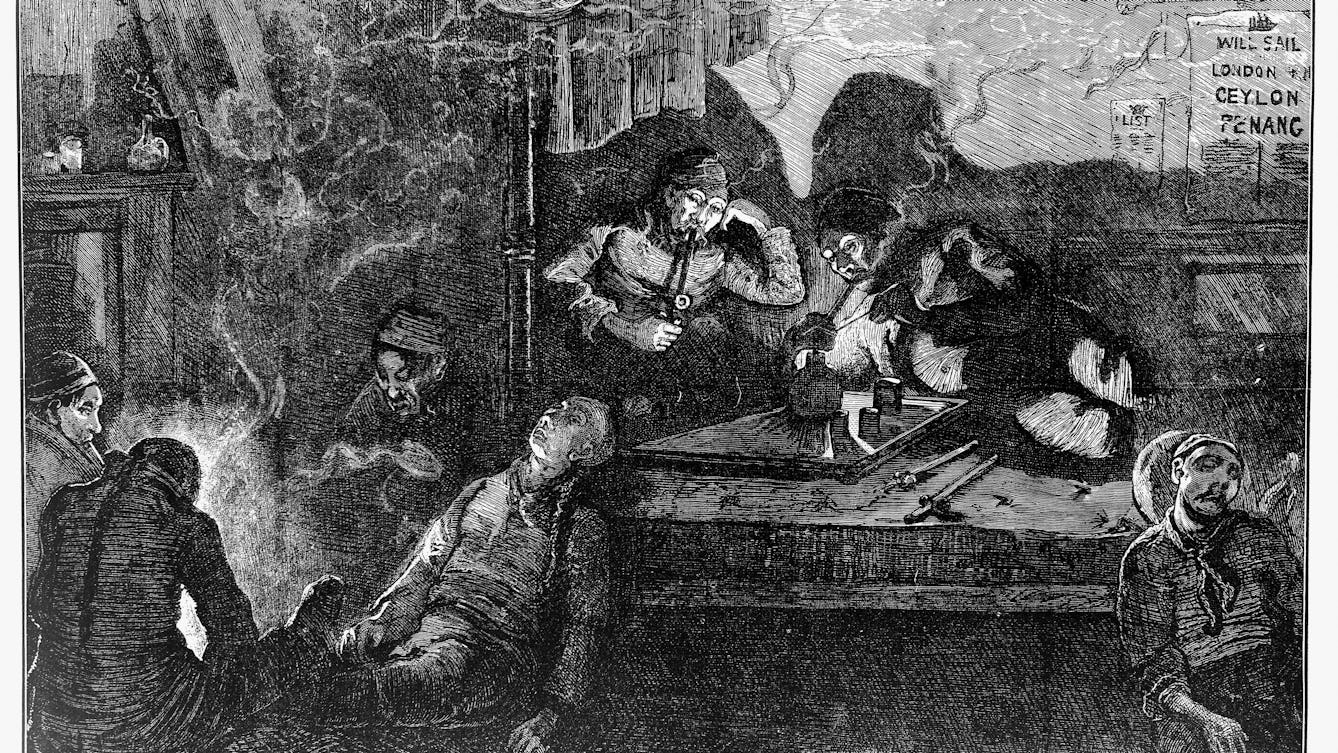
- Article
- Article
Drugs in Victorian Britain
Many common remedies were taken throughout the 19th century, with more people than ever using them. What was the social and cultural context of this development?

- Long read
- Long read
Rehab centres and the ‘cure’ for addiction
Guy Stagg takes us on a brief history of rehab centres and their approaches to addiction and recovery.
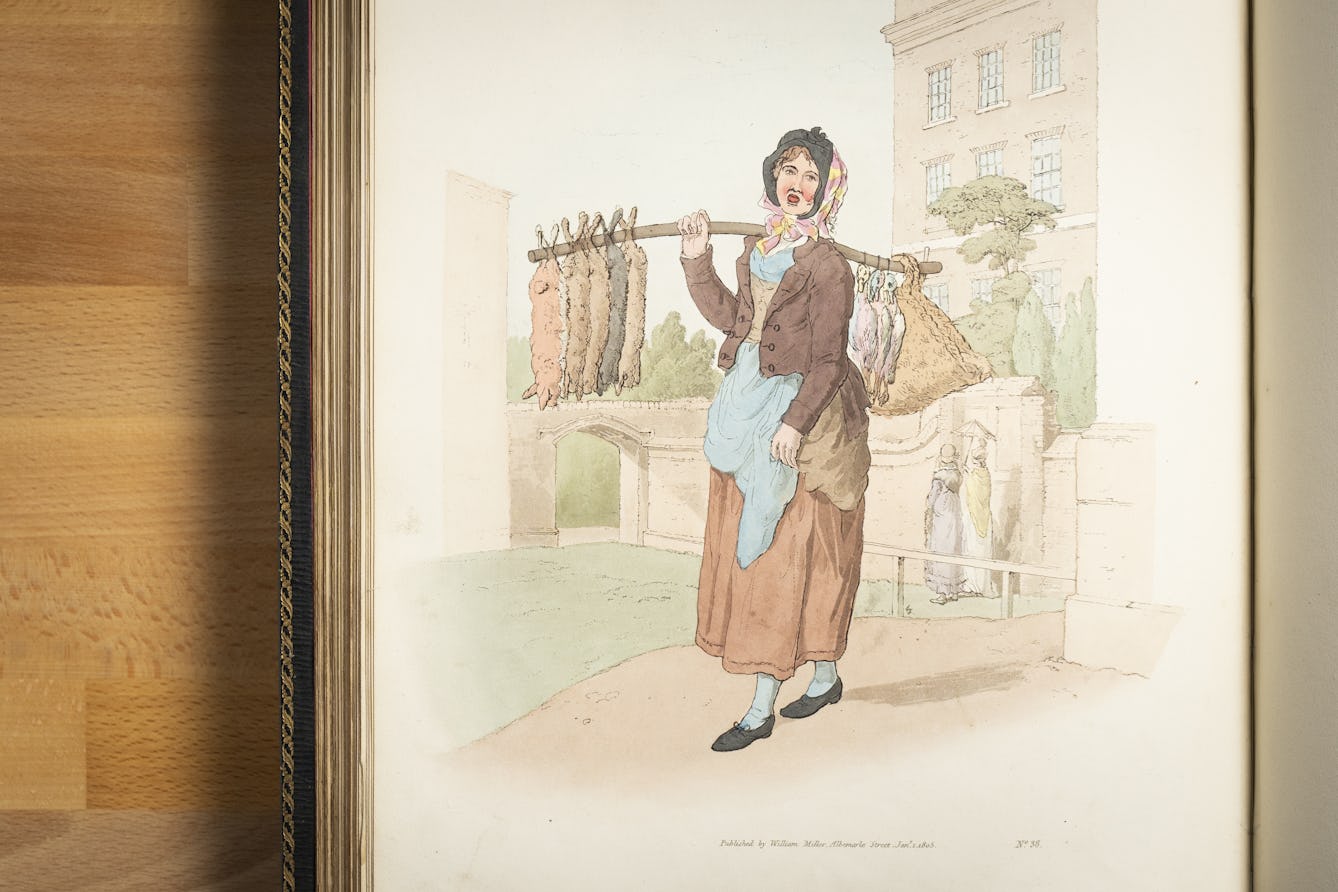
- Article
- Article
The girl with no name
When a now anonymous teenager sold her tooth for transplant, she couldn’t have predicted that she’d end up at the heart of a troubling story about 18th-century beauty ideals.
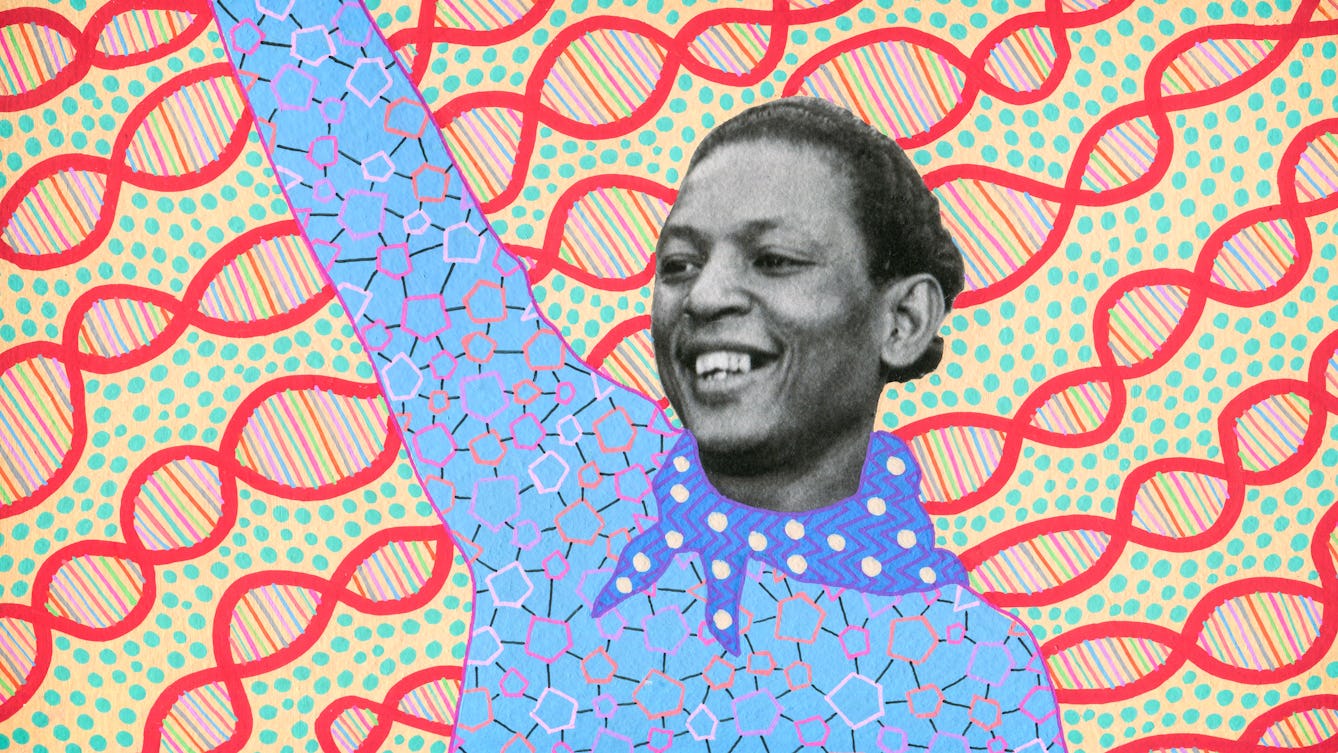
- Article
- Article
Ancestry, privacy and the family tree
Wanting to find out more about her Jamaican grandfather, Tanya Perdikou contemplates DNA testing. But first she has to consider the potential impact of unexpected results.

- Article
- Article
How to thrive in lockdown
Gareth Berliner shares how being a Disabled person has given him the resilience and motivation to find a new creative challenge during lockdown.

- Article
- Article
Believe yourself better
There’s more to recovery than medication. In future, our unconscious minds could be recruited to put a positive spin on our health problems, helping us feel better faster.
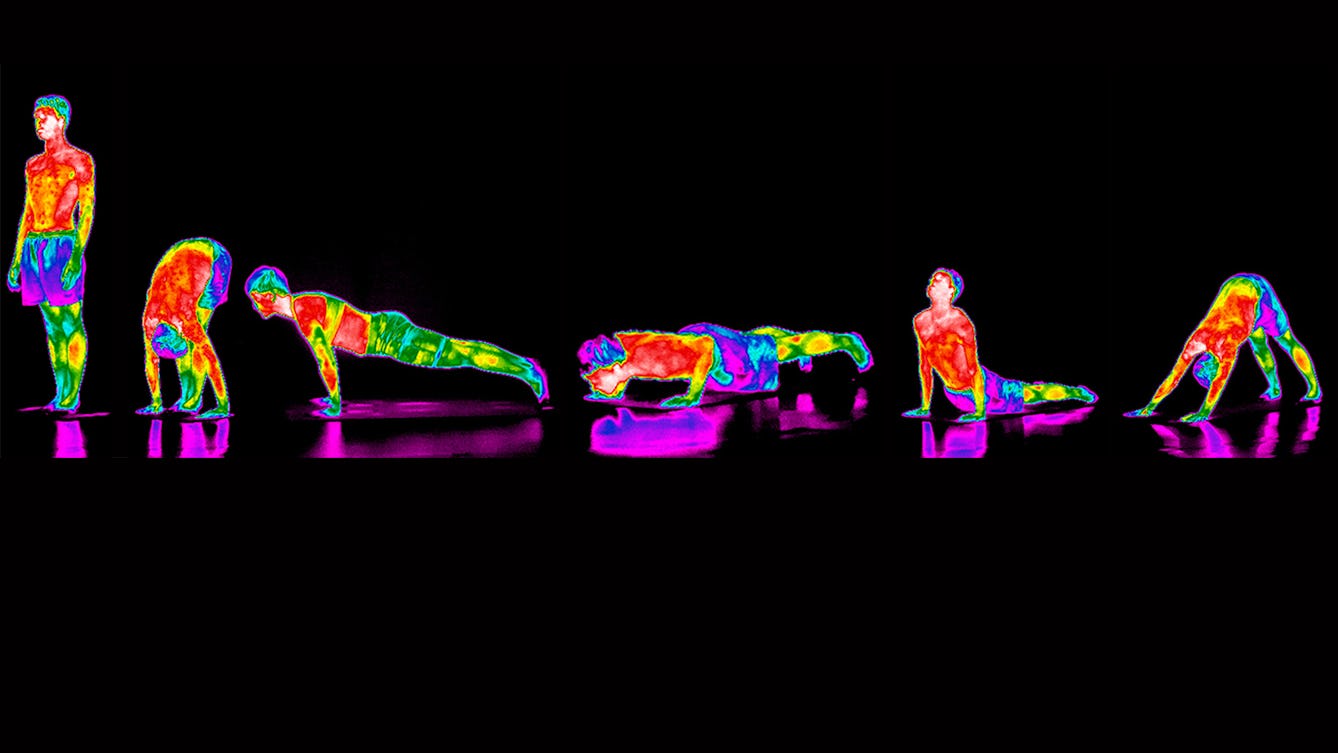
- Article
- Article
Yoga adapts to time and place
A yoga teacher in 1930s India inspired today’s transnational practice with his spectacular fusion of tradition and innovation.

- Photo story
- Photo story
Obesity and Britain’s boys
Six young men and six experiences of being overweight. Find out how these boys and their loved ones feel about this stigmatising issue.
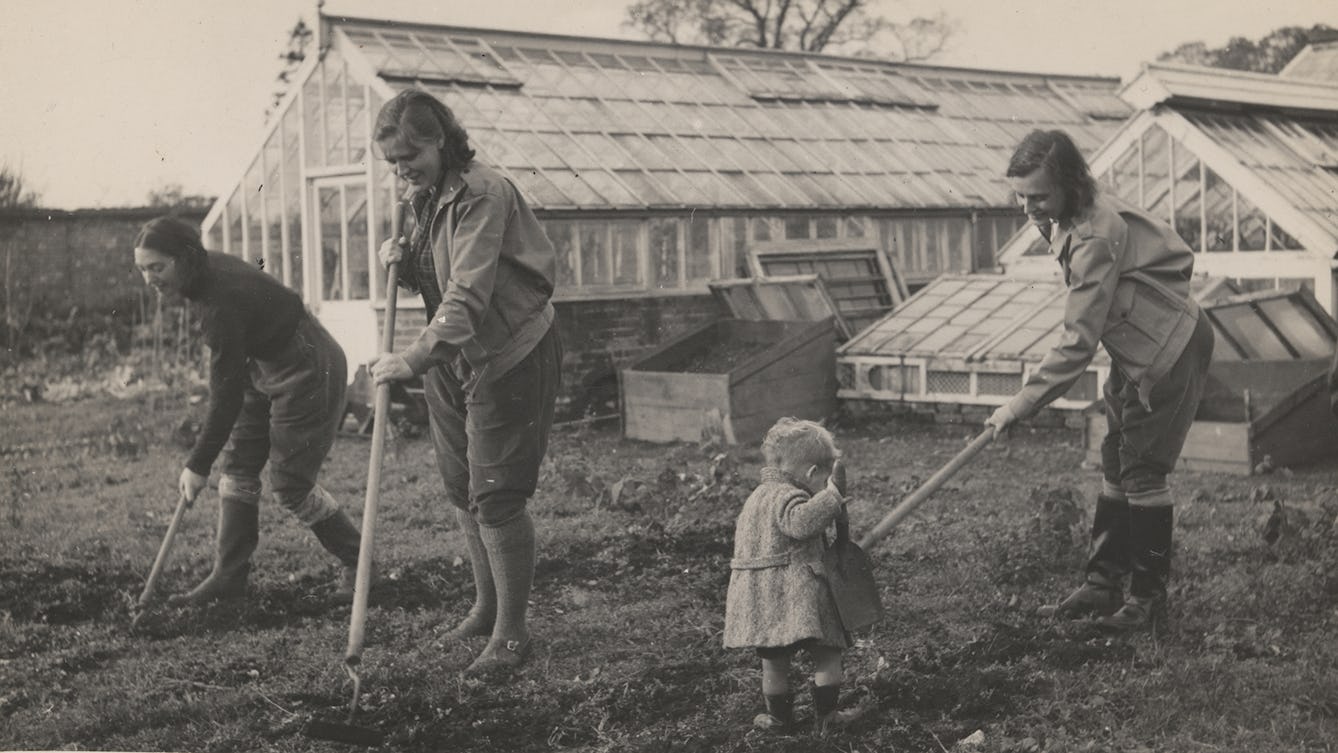
- Article
- Article
How the Peckham Experiment inspired my fiction
Find out how an unruly mass of archive material from a 1930s radical health centre has inspired brand new writing.

- Article
- Article
On body horror and growing up strange
A young child’s unusual feelings, reactions and assertions are routinely dismissed by adults. Find out how manga horror stories became a source of strength, and helped them trust their adult body.
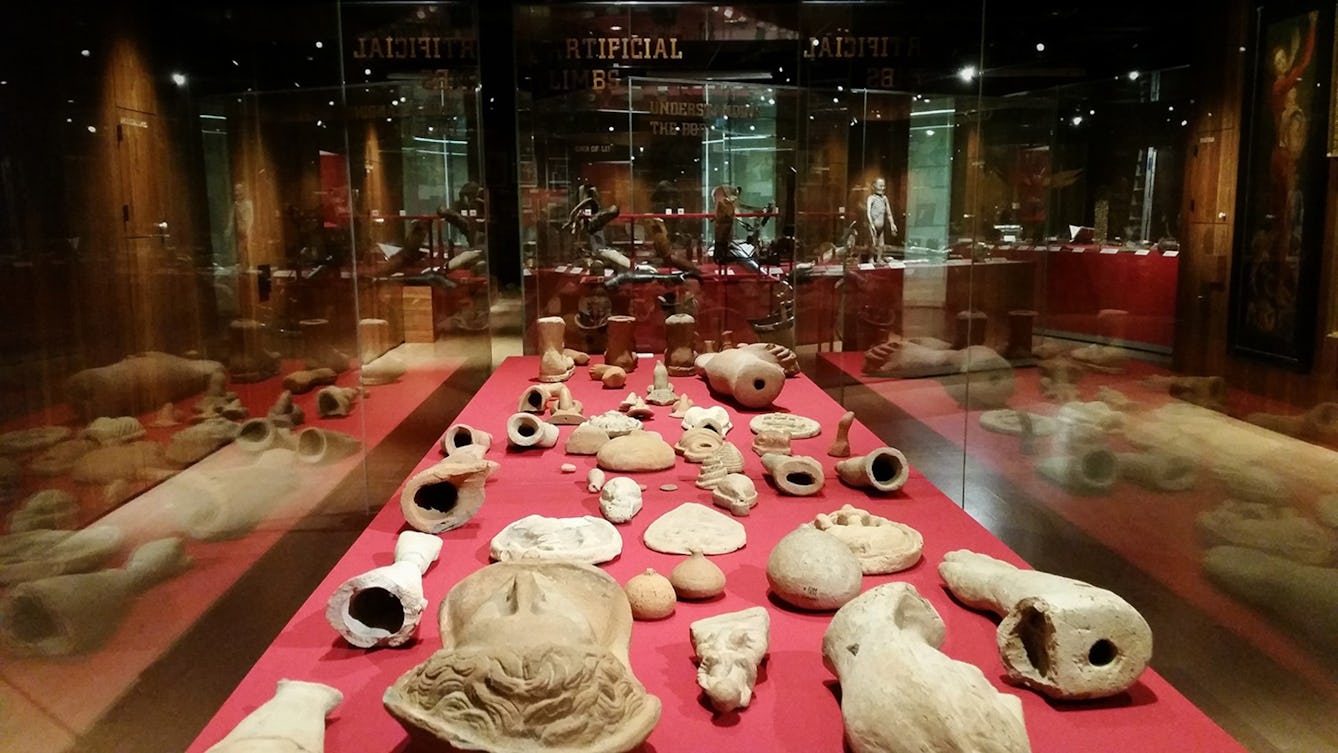
- Article
- Article
Why the world needs collectors
Those who collect play an important role as “facilitators of curiosity”, says Anna Faherty.

- Article
- Article
The Martians are coming
For over a hundred years, antagonistic alien invaders have been a popular focus for the imagined end of the world. But the destructive consequences of human behaviour is far more frightening.

- Article
- Article
When a private pee is a public disgrace
The free pee is getting rarer. And the lack of suitably equipped disabled toilets is condemning people to lives cloistered away in their own homes. Discover how toilet access for all is part of an equal society.
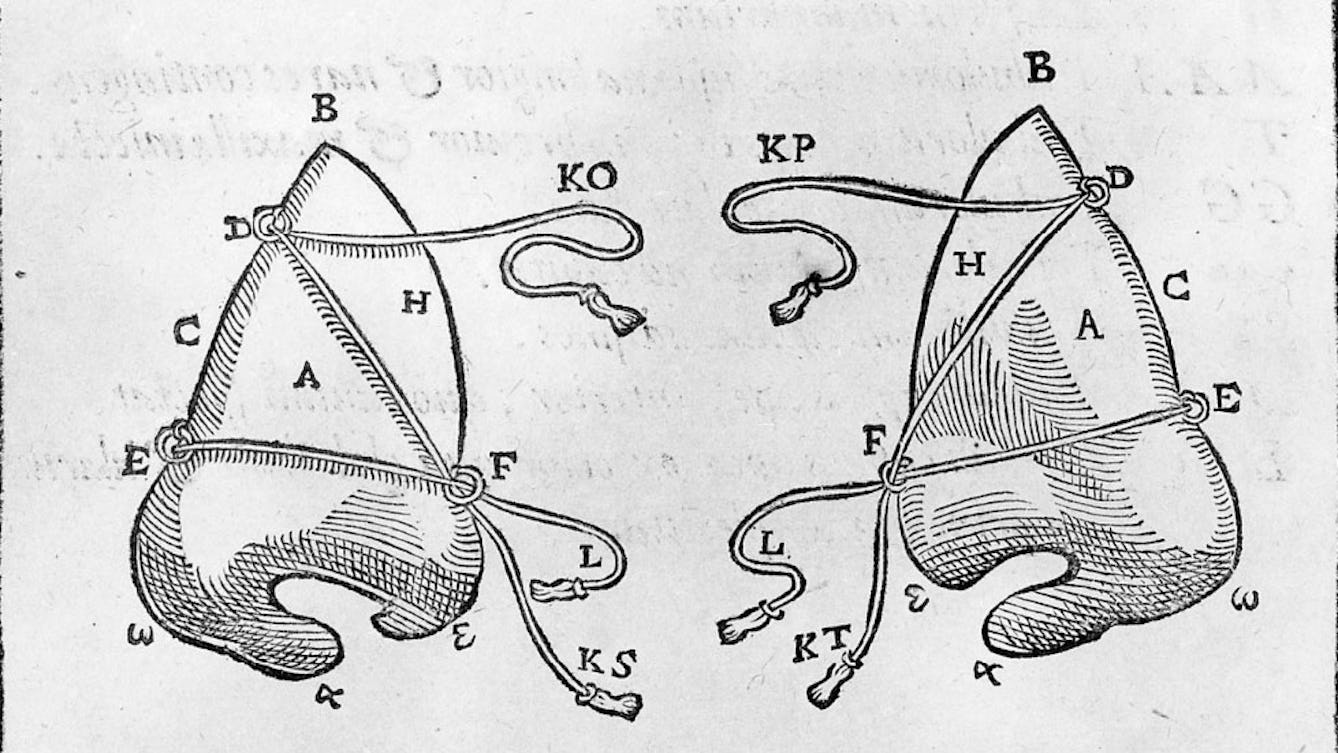
- Book extract
- Book extract
My important, ridiculous nose
The nose is a much-maligned appendage, but it’s a powerful organ capable of invoking powerful emotions from past memories and sexual attraction.
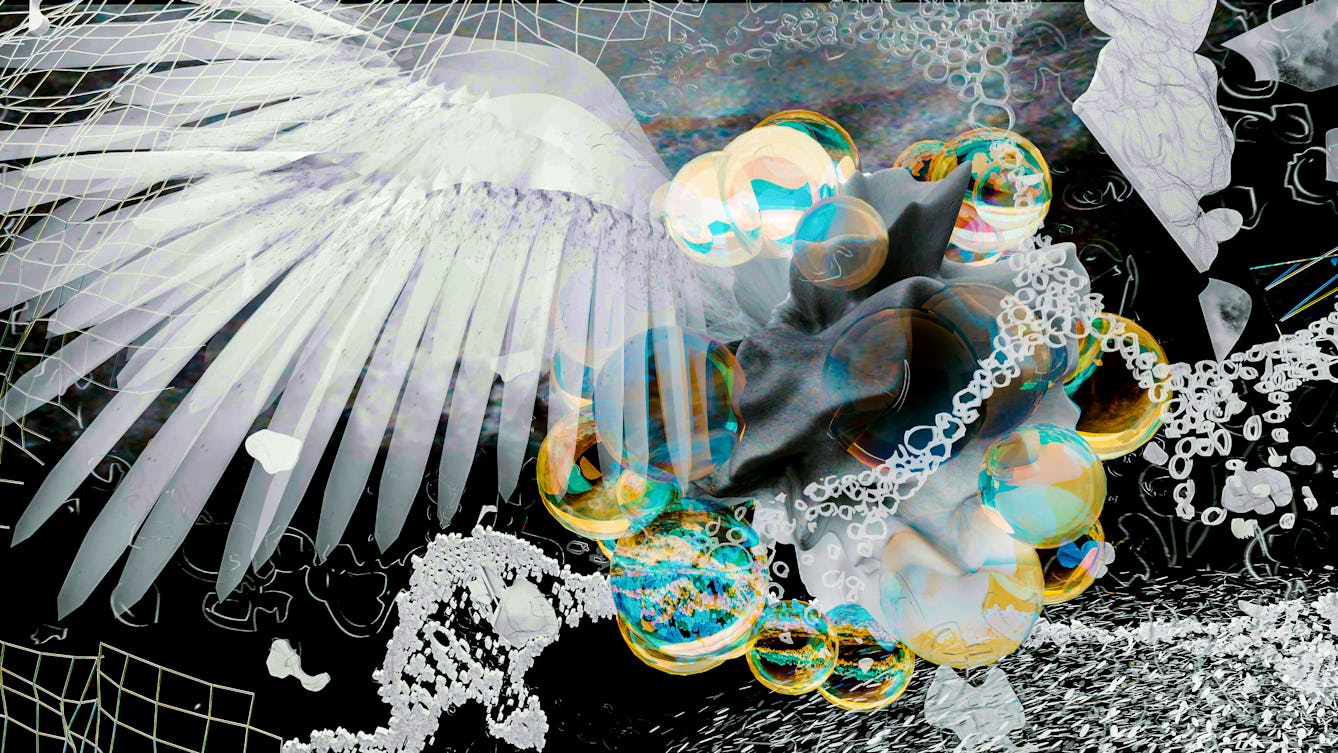
- Article
- Article
Air of threat
Novelist Chloe Aridjis vividly describes the suffocating atmosphere of Mexico City, as a combination of topography, crowded neighbourhoods, and reckless political diktats create a downward spiral.
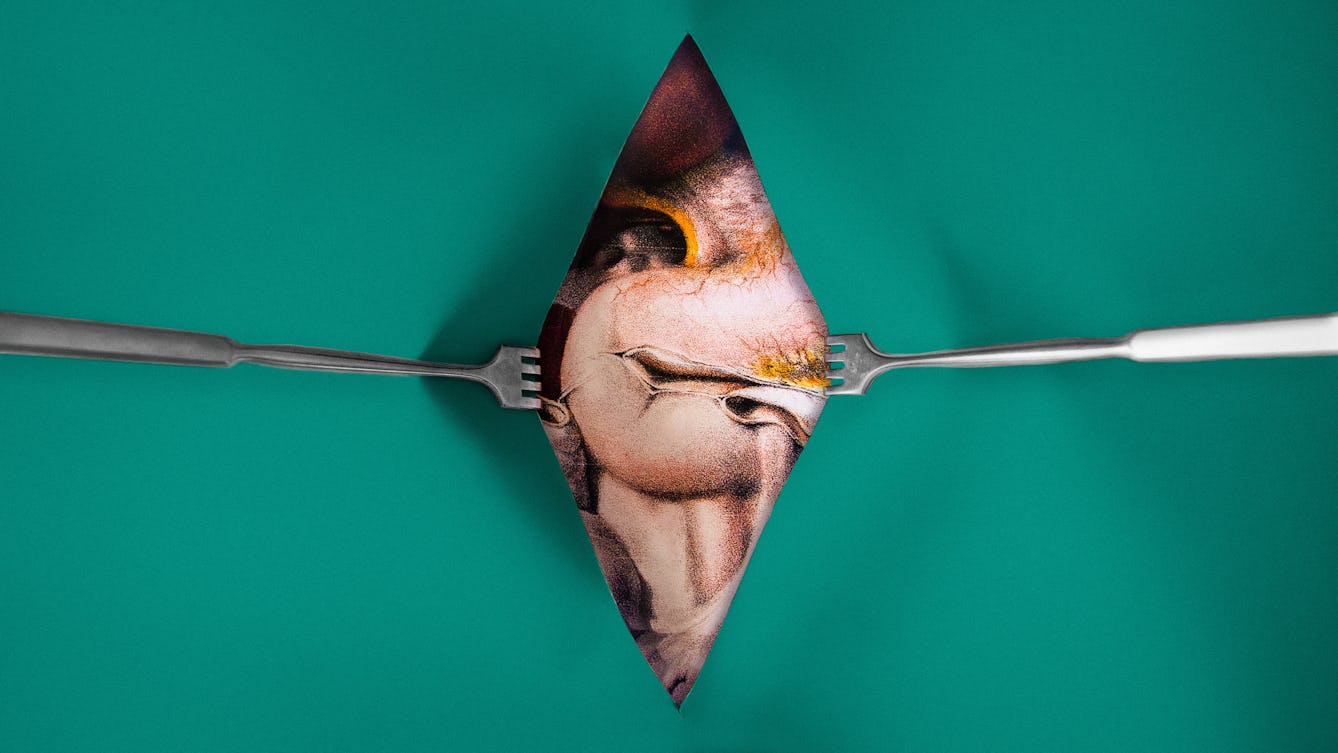
- Article
- Article
The case of the cancerous stomach
Steak and schnitzel were on the menu again after Theodor Billroth successfully excised a woman’s stomach cancer in 1881. Remarkably, today’s surgeons still perform the same procedure, with slight modifications.
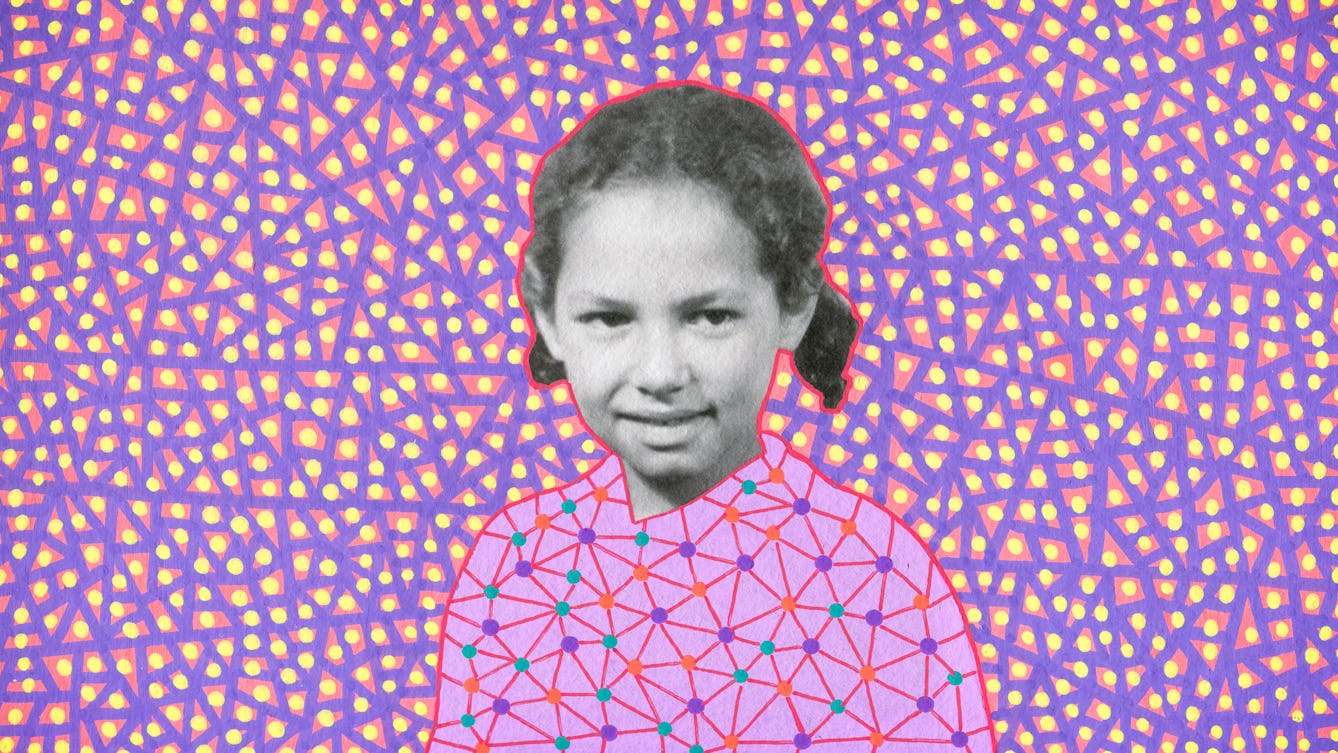
- Article
- Article
When you don’t belong, you drink
In the third part of her exploration of belonging, Tanya Perdikou unpicks the addictions that have shaped her past and uncovers the connections that make recovery possible.
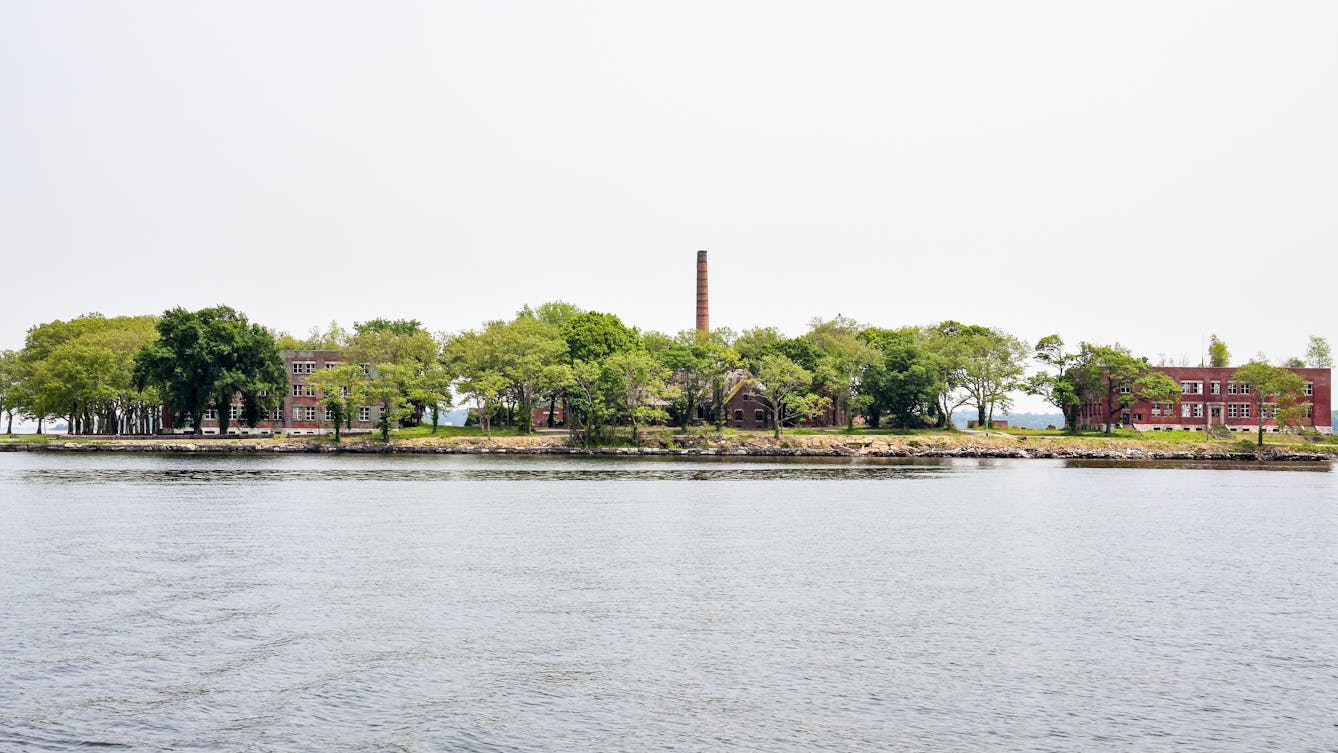
- Article
- Article
The island of unclaimed bodies
In New York, those who live and die on the extreme edges of society are buried on an isolated island, often forgotten and unmourned. But recent legal changes aim to reduce stigma and restore their dignity.
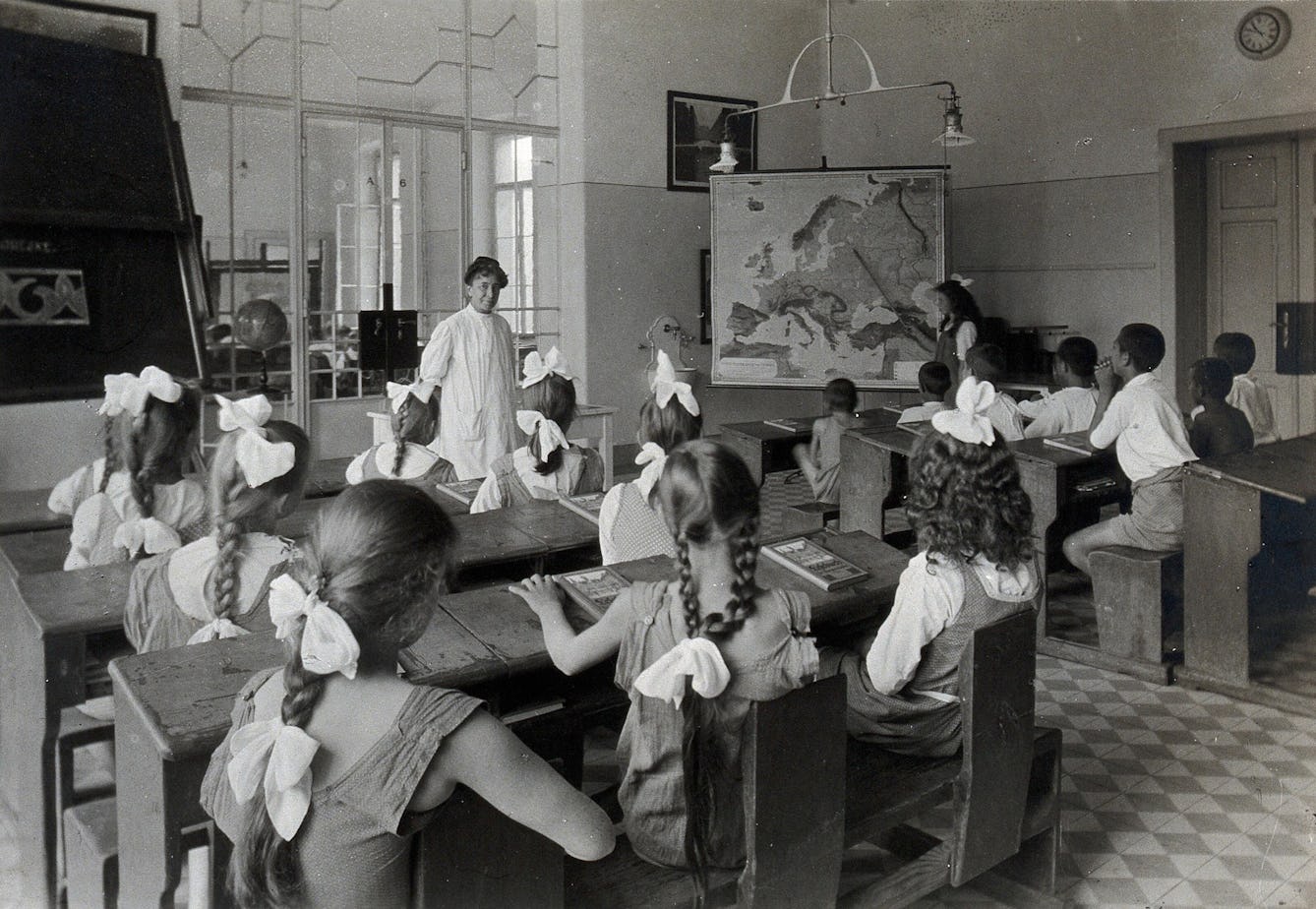
- Article
- Article
The law of periodicity for menstruation
Dr Edward Clarke's Law of Periodicity claimed that females who were educated alongside their male peers were developing their minds at the expense of their reproductive organs.